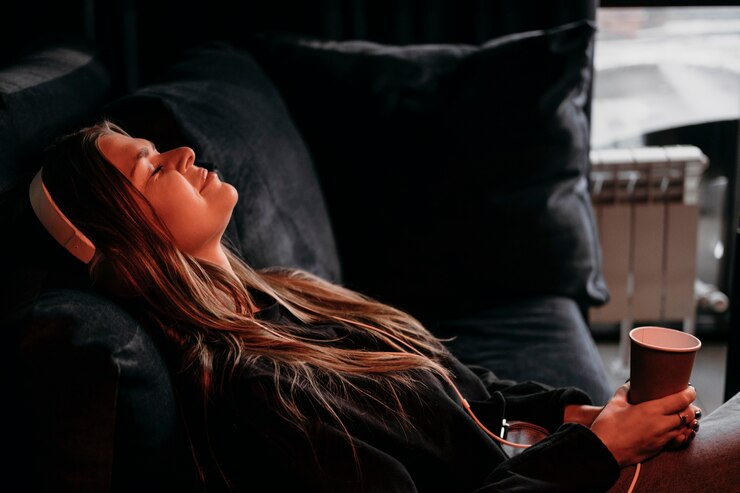Plus, how to optimize your environment for quality rest. Whether you wake up with night sweats, always feel hot, or get too cold and feel like you need a million blankets, it can be tricky to find the best temperature for sleep. Your environment can directly impact your sleep quality and circadian rhythm, research shows. However, finding that sweet spot temperature can be tricky—and the issue affects a lot of people. Approximately 57 percent of U.S. adults report at least occasionally being too hot while sleeping and 37 percent report being too cold, according to a recent study. The best temperature for sleep is generally thought to be at 65-67 degrees Keeping your room within this range helps create an environment that aligns with your body’s natural temperature patterns. your core body temperature begins to cool two hours before going to sleep, research shows. This shift in temperature signals the onset of rest, allowing you to settle down for the night. When you wake up, your core body temperature begins to warm Temperature impacts your body’s natural ability to cool itself down. “The relationship between temperature and sleep quality boils down to our body’s natural cooling process,” says Shelby Harris, PsyD, the Director of Sleep Health at Sleepopolis. “If it’s too cold, we struggle to stay warm, making it tough to sleep,” she says. And if it’s too hot, our body can’t cool down properly, also messing with our sleep.”
Extreme conditions can also negatively impact your body’s circadian rhythm. “Sleeping in a room that’s too hot or too cold can disrupt your sleep and lead to or aggravate symptoms of insomnia Finally, when your body is fighting to regulate your temperature all night long, your rapid eye movement sleep (REM, the stage of sleep when you’re dreaming) is decreased and wakefulness is increased—basically, throwing your deep sleep cycles out of whack. So, if you don’t want to toss and turn constantly, keep the thermostat between 65 and 67. How To Get Better Sleep
“During the day, block out any extra heat by closing curtains or blinds,” Dr. Harris says. Then, make sure your sleep environment is cool enough by turning your thermostat down before going to bed. You can turn on a fan to circulate the air in your room, choose both a breathable bedding and mattress, and pick out lightweight pajamas (like ones made out of cotton) to prevent heat retention, she says. And if you’re constantly flipping your pillow to the “cold” side throughout the night, consider getting a cooling pillow.
The Best Temperature For Sleep And How To Practice Sleep Hygiene According To Doctors



